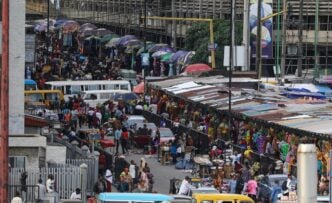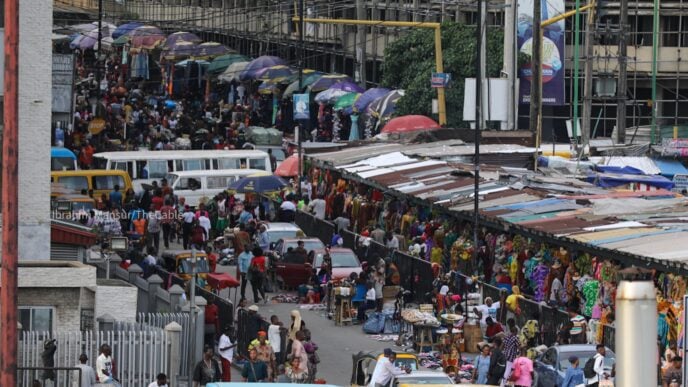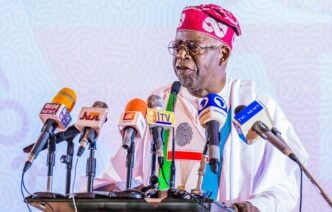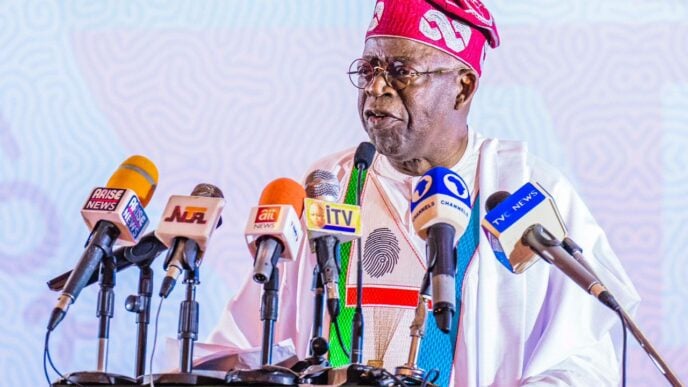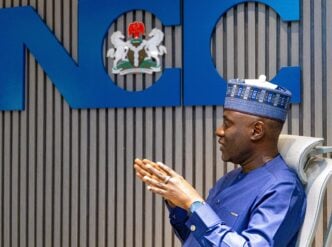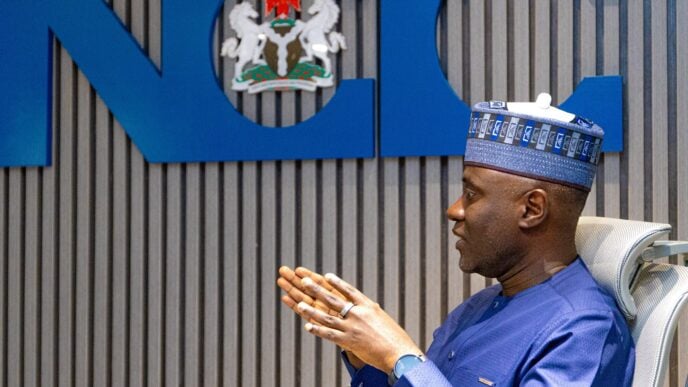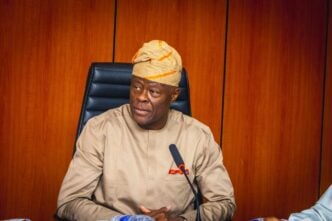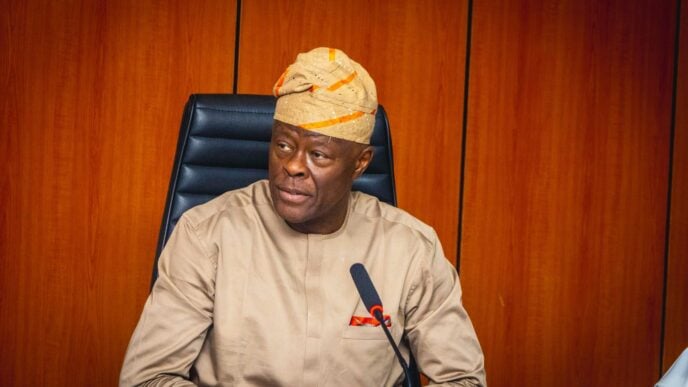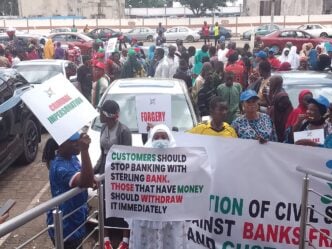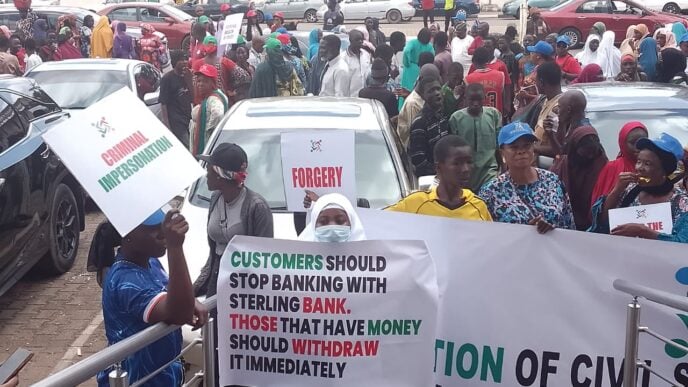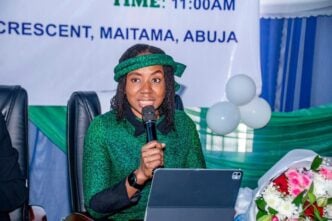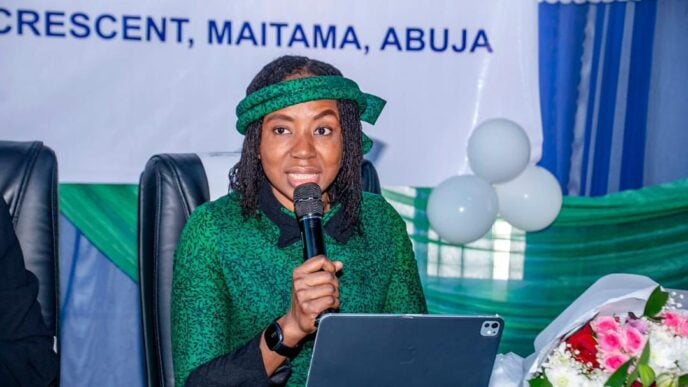Wale Edun, minister of finance and coordinating minister of the economy, says the federal government has strengthened fiscal transparency and efficiency following key reforms that have boosted revenues.
Speaking at a World Bank panel session on Nigeria’s economic outlook on Wednesday, Edun said the removal of petrol subsidy, which previously consumed about 5 percent of GDP, has freed up significant resources now flowing into the federation account for distribution among the federal, state, and local governments.
“Funds have flowed to the federation account, and most of those deductions have been removed once and for all,” Edun said.
“We can now expect greater transparency, greater efficiency, and greater funding for development at the federal, state, and local levels.”
Advertisement
Edun explained that the government has begun reviewing deductions made before statutory allocations are shared, in line with the constitutional requirement that all federally collected revenues be fully remitted before distribution.
He added that fiscal reforms have already strengthened the subnational governments, many of which are channelling new revenues into capital spending and development projects.
“The World Bank data show that states are spending much of the extra revenue they are getting on development, on capital projects – and that is commendable,” he said.
Advertisement
The minister said the administration is now focused on ensuring efficient and transparent use of funds, both at the national and state levels, as part of efforts to reduce poverty affecting over 130 million Nigerians.
’15M HOUSEHOLDS TO BE COVERED BEFORE END OF 2025′
On social welfare, Edun said the federal government will complete direct cash transfers to 15 million households before the end of 2025, using biometric and digital systems to ensure accountability and eliminate leakages.
“By the end of October, we will have done about 10 million households covering 50 million Nigerians,” he said.
Advertisement
“Long before the end of the year, the commitment is to have completed 15 million households.”
He noted that the programme initially faced challenges but gained traction after integrating the National Identity Management Commission (NIMC) and the national social register, allowing beneficiaries to be uniquely identified and paid electronically.
“Each person that benefits is biometrically and uniquely identified by name, and payments are digital — so there’s transparency and accountability,” he said.
According to Edun, the administration plans to make targeted social transfers a permanent feature of the annual budget, ensuring continuous support for the most vulnerable Nigerians as economic reforms take root.
Advertisement
“In a modern economy, it is critical to identify those who need help and provide it consistently,” he added.
Edun reaffirmed that the government’s fiscal reforms are designed to create a “stronger, more transparent, and inclusive economy” capable of sustaining growth while protecting the poor.
Advertisement


